41 mental health labels stigma
Before You Label People, Look At Their Contents The stigma of mental illness is real, painful, and damaging to the lives of people with mental illness. Stigma prevents them from getting the treatment and support they need to lead healthy, normal lives. Stigma discourages people from getting help. At any given time, one in four adults and one in five children experience a mental health problem. Why Labels Can Be Harmful When You Have Mental Illness OCT. 20, 2021 By Cindy Tillory When you are young, society seems to hand out labels like candy on Halloween. Growing up, I was labeled "the Black kid," "the weirdo," "the nerd," "the fat kid." The world around me seemed to dole out these categories without a second thought, and I let them define me throughout my childhood.
Mental Health Stigma Worksheet - Mental Health Worksheets What is a Mental Health Stigma Worksheet? Mental Health Stigma can be defined as others' negative or discriminating attitudes about mental illnesses or any behaviour which is not part of the society or a bit different from the norms described and created by the society is faced with a certain amount of discrimination, labelling and stigmatization.

Mental health labels stigma
250 Labels used to stigmatise people with mental illness - ResearchGate The stigma against people with mental illness is a major barrier to help-seeking in young people for mental health problems. The objective of this study was to investigate the extent of stigma in ... Reframing Mental Health Labels | NAMI: National Alliance on Mental Illness To make matters worse, mental health labels are often associated with stigma. For me, these labels represented my shame and the stigma of how others would perceive me. I let those letters degrade my sense of worth. I saw myself as unable to do things other people can. The Truth About Mental Health Labels and Stigma - The Mighty One thing that continues to be a difficulty with mental health is the stigma of having a mental illness (perceived or otherwise). For me, I used to believe that having a mental illness meant I had a label I couldn't shake; a label that defined me, that made me feel less. Inferior. Broken. Broken. I still struggle with this thought.
Mental health labels stigma. The "Attention-Seeking" Label and the Stigma It Represents - Mental Health The attention-seeking label is thrown around a fair bit in mental health care.\ Where I work, a lot of the staff aren't trained mental health professionals, and most of the regular nursing staff are pretty fresh out of school. I think both of these factors contribute to a tendency to quickly leap to the conclusion of attention-seeking. 250 labels used to stigmatise people with mental illness The stigma against people with mental illness is a major barrier to help-seeking in young people for mental health problems. The objective of this study was to investigate the extent of stigma in relation to treatment avoidance in 14 year-old school students in England in relation to how they refer to people with mental illness. Methods How Using the Right Language Can Destigmatize Mental Illness These labels come from the general public too, so Marcum explains that it takes more than just a shift in healthcare providers to help reduce the effects of the stigma associated with mental health. "This article supports what research has already shown in terms of the damaging effects of stigma and how it can prevent people from accessing the ... Stigma, Prejudice and Discrimination Against People with Mental Illness By Sharing Their Own Struggles, Celebs Help Teens Tear Down Mental Health Stigma. Greenstein, L. 9 Ways To Fight Mental Health Stigma. NAMI blog, Oct. 11, 2017. Corrigan, Pw, Druss, BG, Perlick, DA. The Impact of Mental Illness Stigma on Seeking and Participating in Mental Health Care. Psychological Science in The Public Interest. 2014, 15(2 ...
Labeling of mental disorders and stigma in young people There were no significant associations between label use and the stigma components of "stigma perceived in others", "reluctance to disclose" and for the most part "social distance". Most mental health labels were associated with seeing the person as "sick" rather than "weak" and accurate psychiatric labels had the strongest effect sizes. National Center for Biotechnology Information National Center for Biotechnology Information Stigma and discrimination | Mental Health Foundation Social isolation, poor housing, unemployment and poverty are all linked to mental ill health. So stigma and discrimination can trap people in a cycle of illness. You may face more than one type of stigma: for example, you may also be stigmatised because of your race, gender, sexuality or disability. This can make life even harder. Mental Health Stigma is a Silent Killer - Ditch the Label Stigma, by dictionary definition is: "a mark of disgrace associated with a particular circumstance, quality or person.". There is a stigma surrounding mental illness that is having catastrophic affects on people's wellbeing. Stigma is the reason people lie about their wellbeing, or don't tell their families that they're struggling.
Why Labeling People as Their Mental Illness Can Be Problematic - The Mighty Happens every time. Having a label can lead to other things such as stigma and discrimination. According to the Canadian Mental Health Association, "The lives of people with mental health conditions are often plagued by stigma as well as discrimination. Stigma is a negative stereotype. Mental Health Stigma: Statistics, Causes, and Effects - BrainsWay Mental health stigma can develop when inaccurate information, fear, and assumptions come together. Stigma can be broken down but understanding how these elements contribute to adverse outcomes is the first step. Media Influence Media portrayals of mental health and substance use disorders are often misconstrued and sensationalized. Removing Self-Stigma from Mental Health Labels | HealthyPlace Seems the word "mental" is unnecessary and redundant label. People can say cancer and relate, treat, and understand without additional labels. People can say depression, ADHD, anxiety and relate, treat, and understand without the word "mental" in front of illness or health. It only seems to create more stigma. Stigma around mental health - Mind Stigma & misconceptions Mental health problems - an introduction Explains what mental health problems are, what may cause them, and the many different kinds of help, treatment and support that are available. Also provides guidance on where to find more information, and tips for friends and family. View this information as a PDF (new window)
Mental illness stigma - dealing with stigma and how to reduce it ... In relation to mental illness, stigma is when someone is marked or discredited somehow, or reduced from being a whole person to being a stereotype or labelled as a collection of symptoms or a diagnosis (e.g. 'psychotic'). The meaning of the word stigma is a mark, a stain or a blemish.
Study: Language and Labels May Affect Mental Health Stigma Avoid words such as "crazy," "psycho," and "lunatic." Do not label people as their diagnoses. People are not bipolar, depressive, or autistic. They are experiencing these conditions. "Person with...
Psychiatric Labels Cause Harm by Stigmatizing People - Google With the combination of the stigma surrounding mental illness and the internalization of their label, the individual can come to define themselves as a mentally ill person, rather than a person...
Mental Health Labels and Their Effects on Public Stigma among College ... based on the body of literature addressing how mental health stigma is transmitted via the labels used to refer to mental health, it was predicted that mental health labels with a longer history of use, such as mental illness or psychiatric disorder, would carry more mental health stigma than newer labels like mental health concern or a control …
The stigma of mental illness: effects of labelling on public attitudes ... Labelling has practically no effect on public attitudes towards people with major depression. Conclusion: Our findings illustrate the need for differentiation, differentiation between the different components of stigma as well as differentiation between the various mental disorders. Publication types Research Support, Non-U.S. Gov't MeSH terms
Labels Hurt. Examining the Impact of Mental Health Stigma Below are some of the harmful consequences associated with mental health stigma: Increased psychiatric symptoms and reduced prognosis. Reluctance to seek treatment or stick with it. Social isolation Lack of understanding by family, friends, coworkers, or others Fewer opportunities for work, school, social activities, or trouble finding housing
Beyond Labels: Reducing Health-Related Stigma | RTI This is stigma. Stigma keeps people from accessing the best possible care. People with substance use disorders, infectious diseases, mental health, or other health conditions often feel judged and blamed by family, friends, and healthcare providers, which can keep them from getting the care they need. Stigma has consequences.
Why is There so Much Stigma Surrounding Mental Illness? Mental health stigma stems from an array of factors and misconceptions including: The idea that people with mental illnesses are fundamentally "different" and weaker than than others Fear of being abandoned by people who aren't supportive of mental illness Stereotypes perpetuated by the media that portray mental illness in an uninformed light
Stigmatizing Words, Labels | HealthyPlace When talking mental health, stigma refers to the misinformed perceptions and ideas about mental illness and those with it. It's a big component in why people feel ashamed to have a mental illness and suffer in silence instead of seeking mental health treatment and understanding that mental illness is just an illness.
Diagnostic Labels, Stigma, and Participation in Research Related to ... Although a number of barriers that may be related to the stigma associated with dementia and MCI diagnostic labels arise at each stage of the research process, specific steps can be taken to reduce the impact of these barriers on the successful completion of research in this area.
The Truth About Mental Health Labels and Stigma - The Mighty One thing that continues to be a difficulty with mental health is the stigma of having a mental illness (perceived or otherwise). For me, I used to believe that having a mental illness meant I had a label I couldn't shake; a label that defined me, that made me feel less. Inferior. Broken. Broken. I still struggle with this thought.
Reframing Mental Health Labels | NAMI: National Alliance on Mental Illness To make matters worse, mental health labels are often associated with stigma. For me, these labels represented my shame and the stigma of how others would perceive me. I let those letters degrade my sense of worth. I saw myself as unable to do things other people can.
250 Labels used to stigmatise people with mental illness - ResearchGate The stigma against people with mental illness is a major barrier to help-seeking in young people for mental health problems. The objective of this study was to investigate the extent of stigma in ...

![PDF] Illness Labels and Social Distance | Semantic Scholar](https://d3i71xaburhd42.cloudfront.net/c42ac4f7f91be7e4f2f4ff779ed6c3325c4c63f9/6-Table1-1.png)


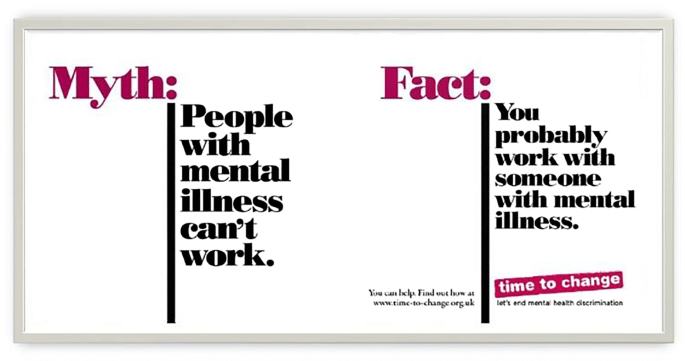
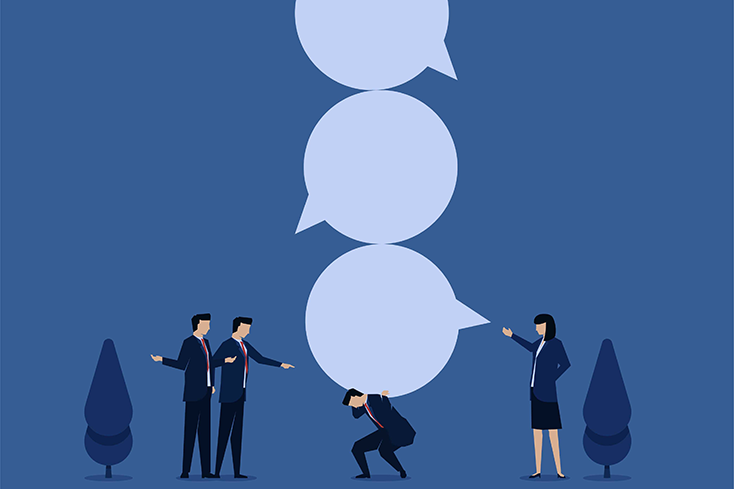

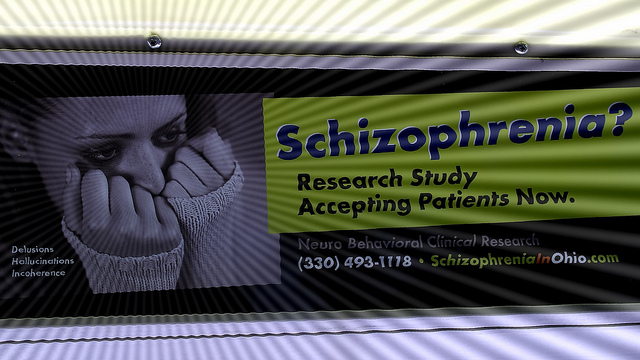

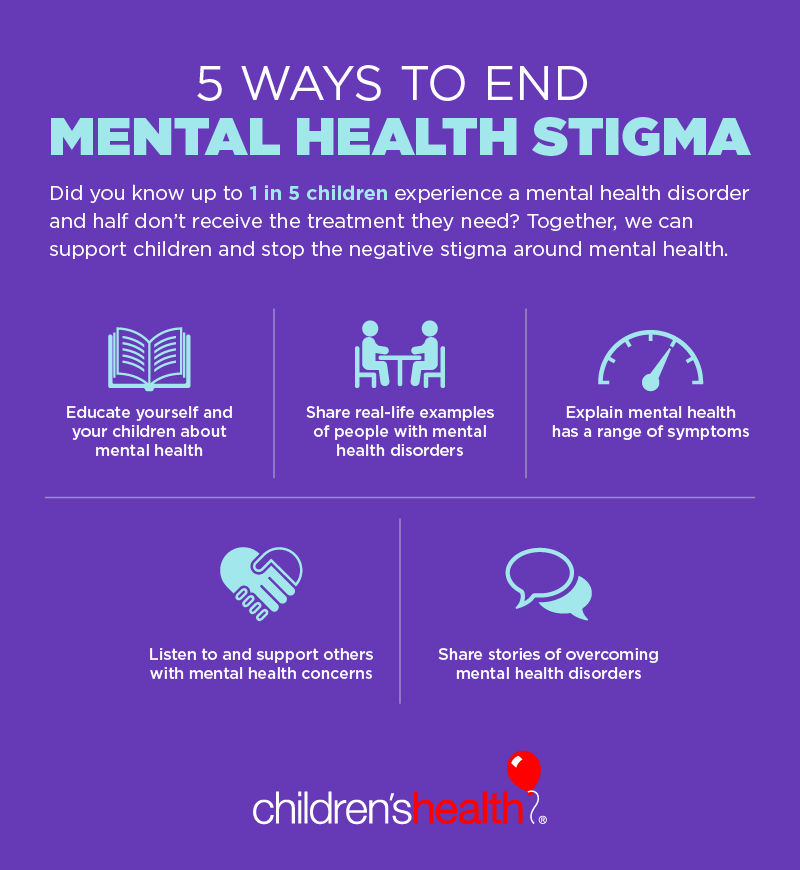
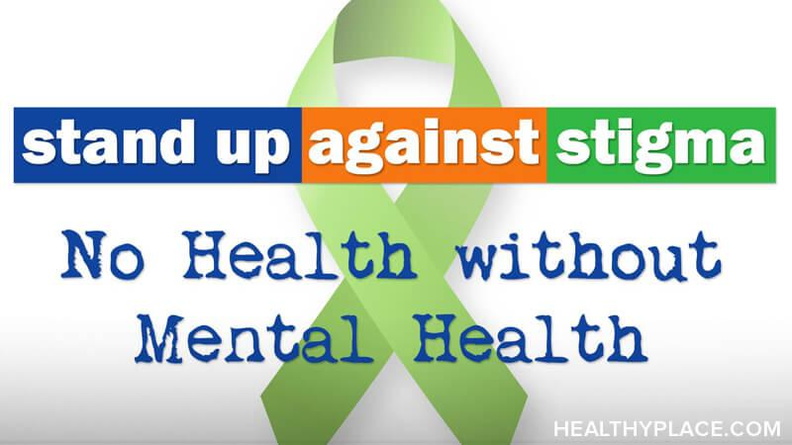



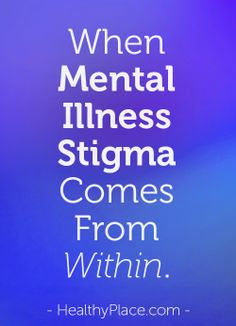
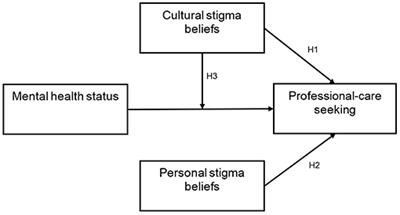


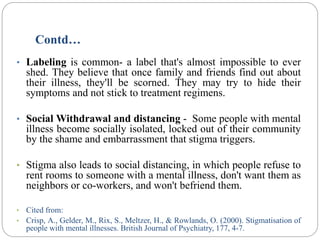

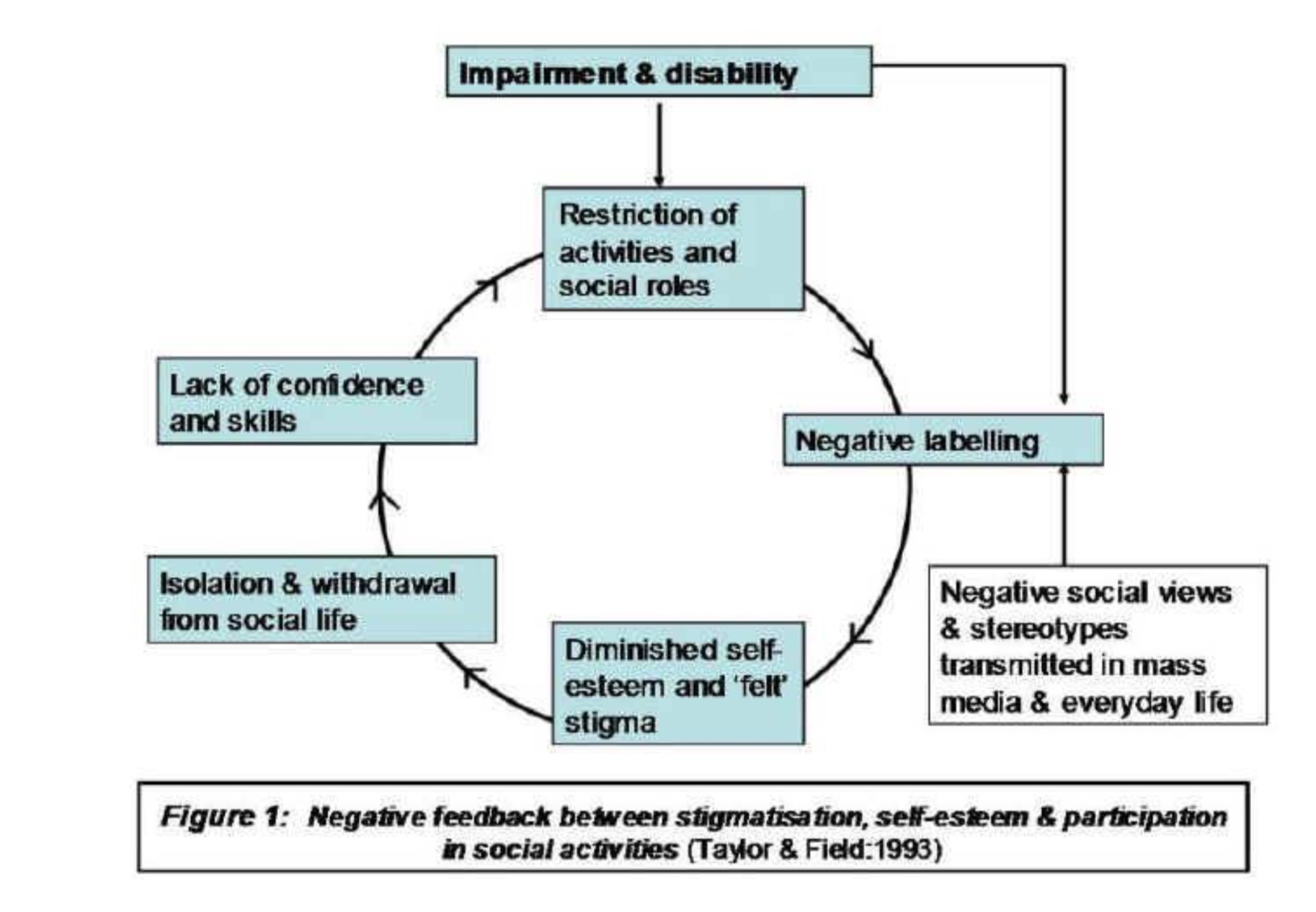
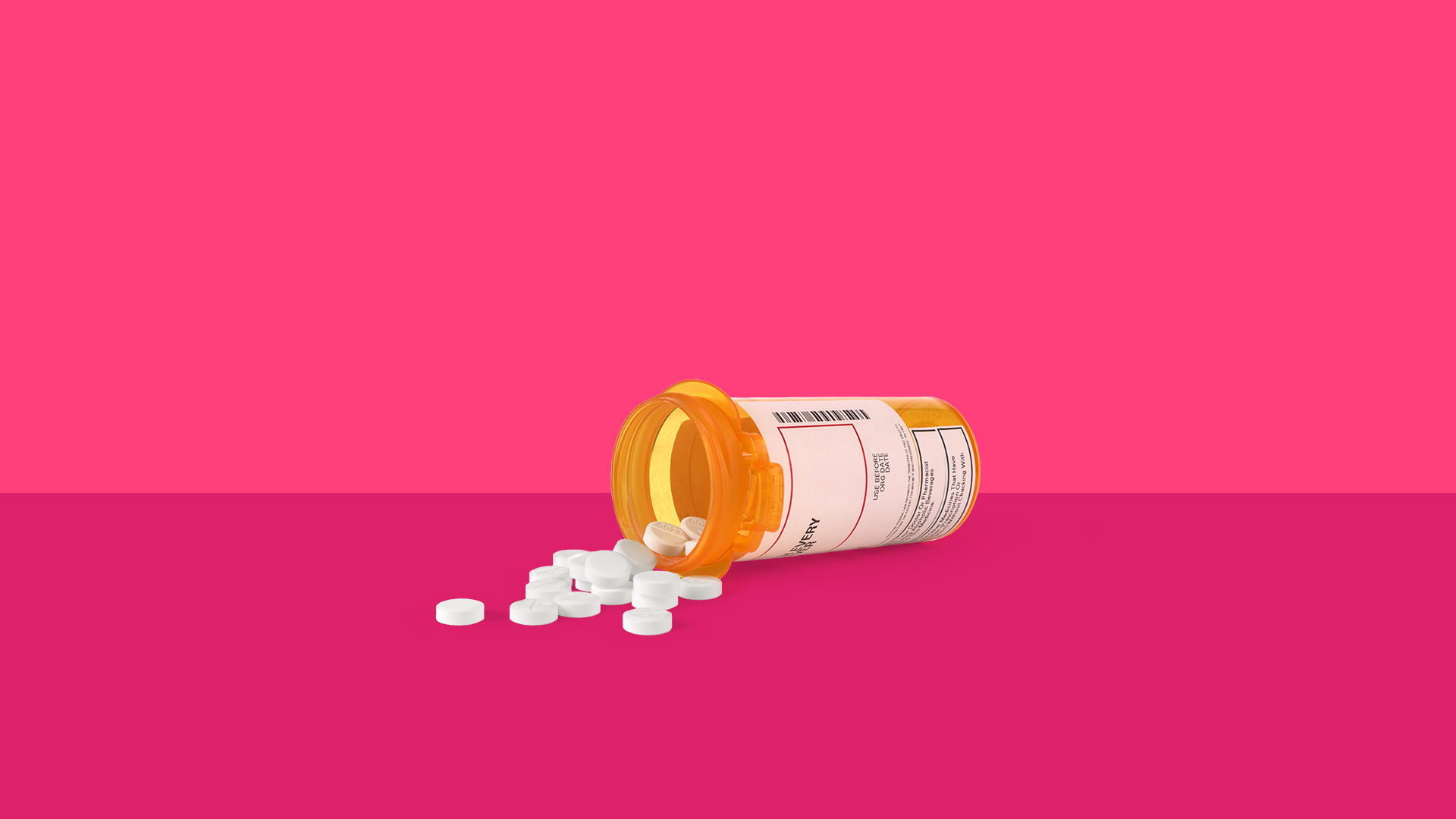
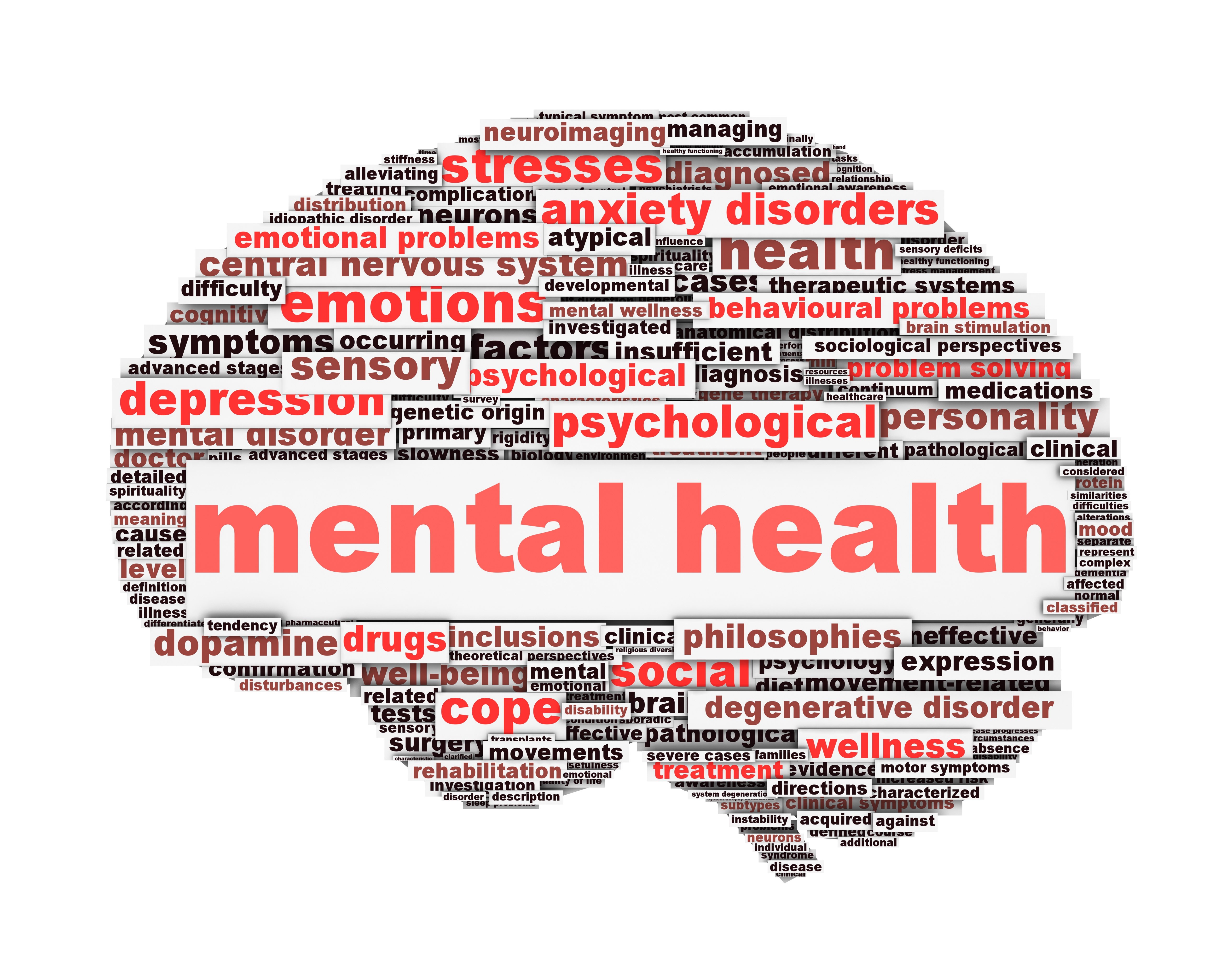







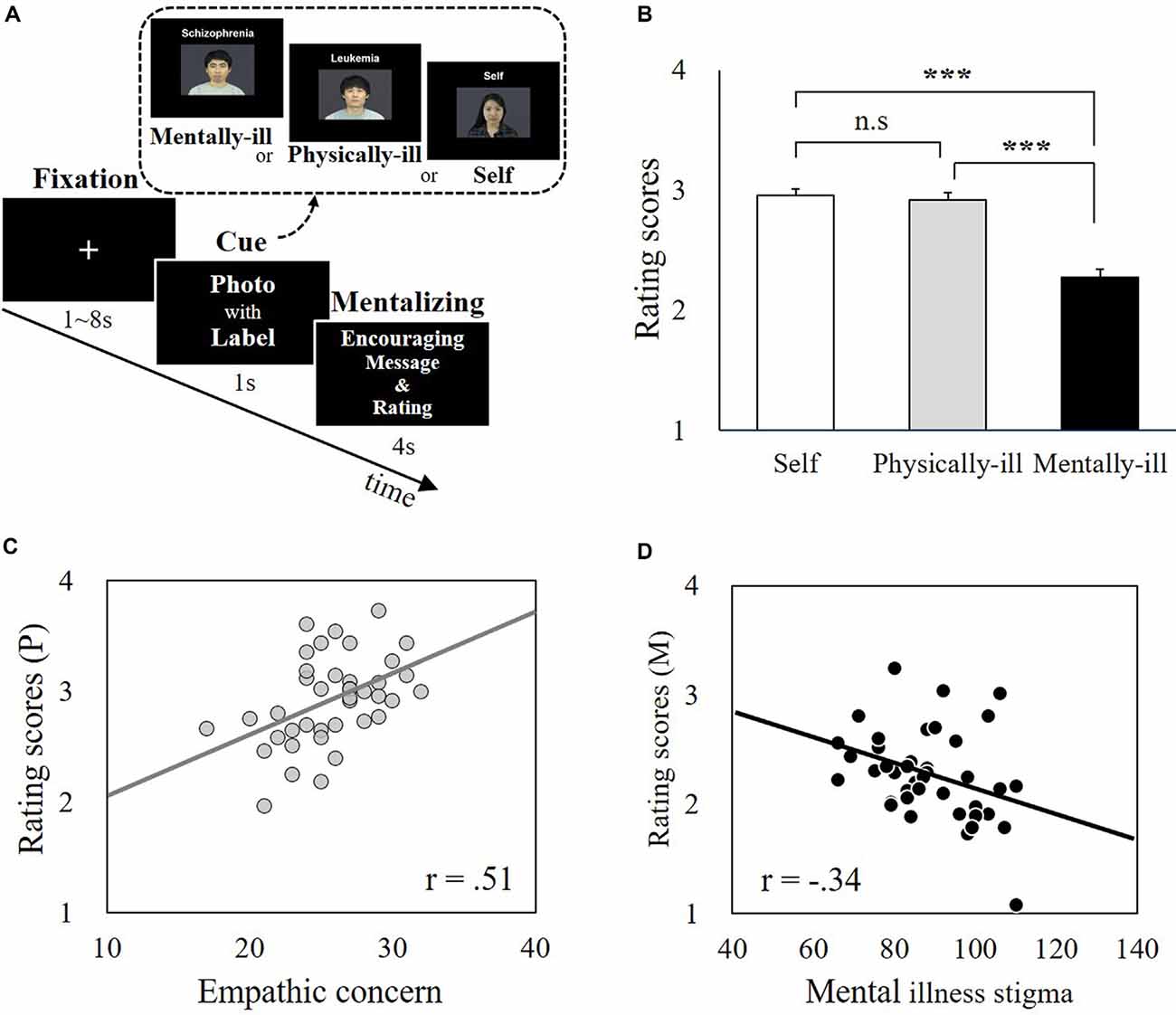



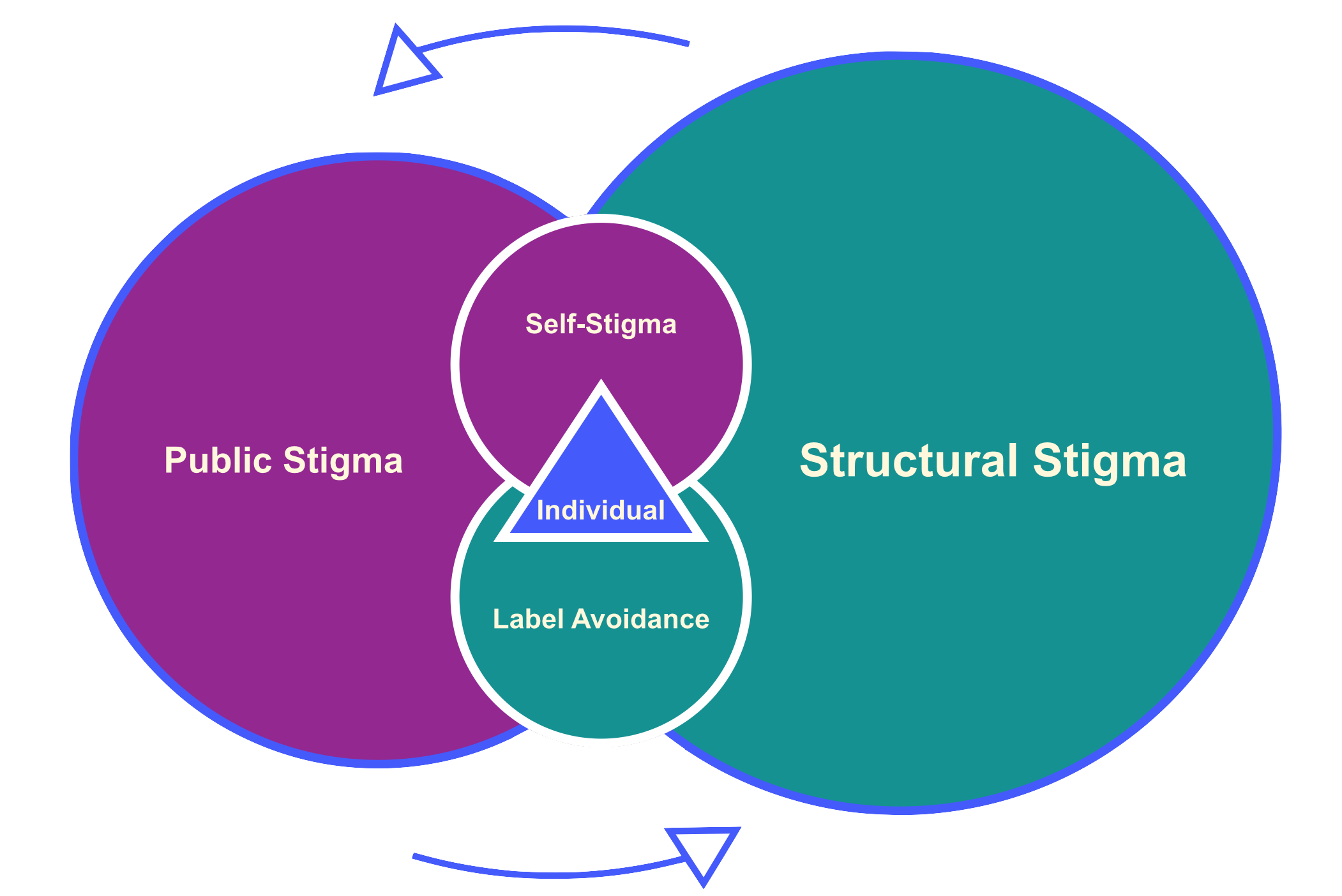

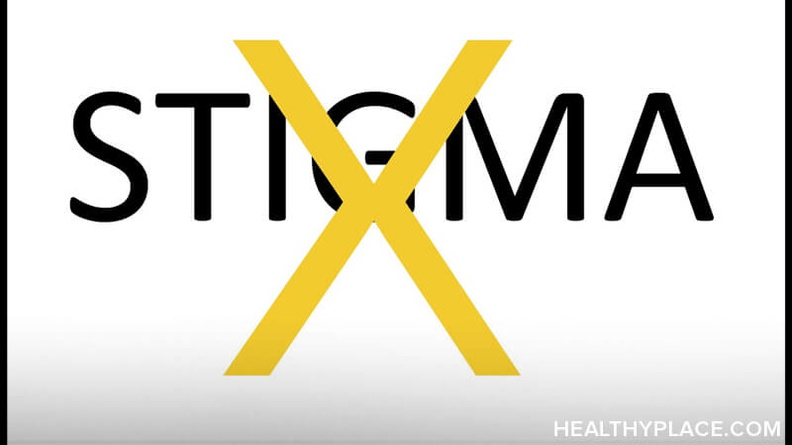

Post a Comment for "41 mental health labels stigma"